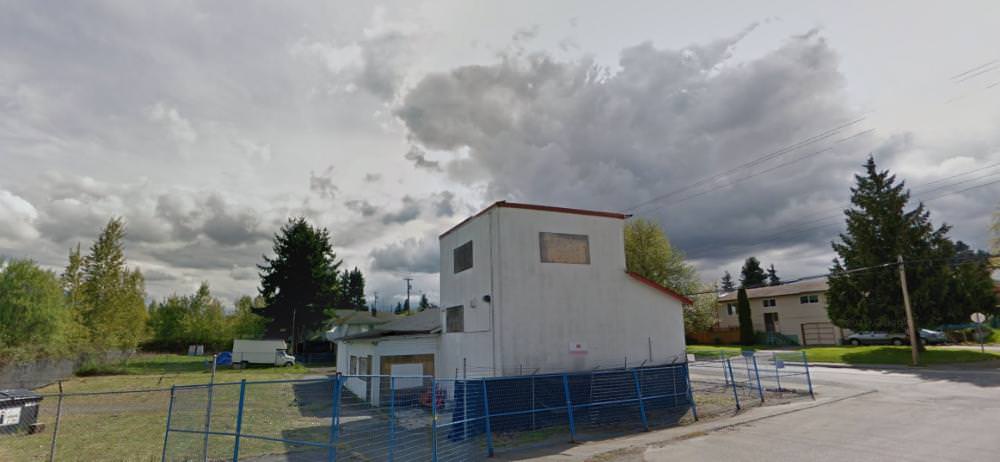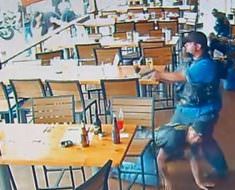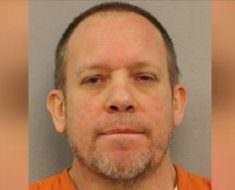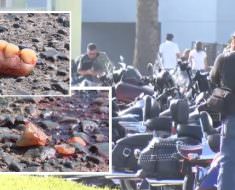The Hells Angels want their clubhouse back, but the government of British Columbia won’t fork it over because it thinks the building might be the venue for crimes — in the future.
While it may sound like a very Canadian sequel of Minority Report, this pre-crime is an integral part of the BC government’s civil forfeiture program. And a Vancouver judge had to side with the government on Wednesday.
The BC Supreme Court decision was the latest installment of a nine-year “tortured history” between three chapters of the Hells Angels and the provincial government, which the judge called a series of “unending…skirmishes.”
It began with Operation Halo, in 2003, when the Royal Canadian Mounted Police (RCMP) raided three Hells Angels clubhouses — in Vancouver, Nanaimo, and Kelowna. Halo did not lead to criminal charges, but that didn’t stop the government from trying to get its hands on tens of thousands of dollars worth of biker stuff.
Under the province’s civil forfeiture laws, the government can file a lawsuit to obtain property — land, cash, cars, phones — without having to convict, or even charge, someone of a crime. In this case, the government initially tried to prove that the property was either used in the commission of a crime, or bought with the proceeds of it.
They did that after executing a search warrant on the Nanaimo clubhouse in 2003, where they discovered that the bikers were operating an unlicensed bar, and had several unlicensed firearms on the premises.
Cops also found — and took — surveillance cameras, baseball bats, beer and wine coolers, nearly $1000 CAD in cash, and three Harley Davidson motorcycles.
And while they fought that lawsuit in a Vancouver courtroom, the government was allowed to ask for an ‘interim preservation order’ — whereby they go before a judge, without any defense lawyers present, and ask to seize the property while they hash it out in court.
The court, thanks to some recent updates to the law, has an obligation to agree to the government’s request “unless it is clearly not in the interests of justice to do so.” In other words, the Hells Angels — or, more specifically: their stuff — are guilty until proven innocent.
And when their stuff finally gets its day in court, and the Hells can’t prove it’s not tainted by crime, the government gets to keep it. From there, they’ll sell it off, pocketing the proceeds.
In the United States, civil asset forfeiture programs have become scandalous, with seizures now amounting for billions in revenue for local governments.
This case could spell a larger fight on the civil forfeiture laws.
The Hells Angels have launched a constitutional challenge to the law, arguing that the state can’t take action based on a belief that crime may happen in the future.
That may take a while, however. The trial has been delayed until May, 2017.
(Via: Vice News)







